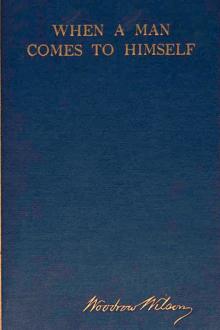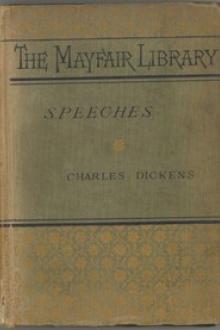Genre - Essay. You are on the page - 3

The practicabilityof every reform is determined absolutely and always by "thecircumstances of the case," and only those who put themselves intothe midst of affairs, either by action or by observation, can knownwhat those circumstances are or perceive what they signify. Nostatesman dreams of doing whatever he pleases; he knows that it doesnot follow that because a point of morals or of policy is obvious tohim it will be obvious to the nation, or even to his own friends;and it is the

sary labours to the officers of the ship, and the soldiers,who had made uncommon exertions. Roused by a sense of theirdanger, the same seamen, at this moment, in frantic exclamations,demanded of heaven and their fellow-sufferers that succour whichtheir own efforts, timely made, might possibly have procured.'The ship continued to beat on the rocks; and soon bilging, fellwith her broadside towards the shore. When she struck, a number ofthe men climbed up the ensign-staff, under an apprehension of

riends, or anywhere else.But that is not the question now. It is conspired against; and wehave given a few proofs of the conspiracy, as they shine out ofvarious classes engaged in it. An indictment against the wholemanufacturing interest need not be longer, surely, than theindictment in the case of the Crown against O'Connell and others.Mr. Cobden may be taken as its representative--as indeed he is, byone consent already. There may be no evidence; but that is notrequired. A judge and jury are

tted; Bunyan's own title--'The Holy War made by Shaddai upon Diabolus for the regaining of the Metropolis of the World'--is altered to the feebler and more commonplace form--'The Holy War made by Christ upon the Devil for the Regaining of Man'; and, further, when a new edition was issued in 1696, the alterations and omissions of 168 4 were ignored, and a simple reprint made of the first edition of 1682.J. B. {1c} 9 October, 1905. THE AUTHOR TO THE READER Courteous Reader, I was considering with

s valuable because it clearly shows what really is the origin of the idea of Space. It proves that the idea of Space is a representation of one condition of our Activity. It is because the primary work of Thought is to represent the forms of our dynamic Activity that we find the idea of Space so necessary and fundamental.But it will perhaps be argued that our ordinary sensations carry with them a spatial meaning and implication, and that indirectly, therefore, our sensations do supply us with

edwells rather oftener in alleys and by-ways than she does in courtsand palaces, and that it is good, and pleasant, and profitable totrack her out, and follow her. I believe that to lay one's handupon some of those rejected ones whom the world has too longforgotten, and too often misused, and to say to the proudest andmost thoughtless--"These creatures have the same elements andcapacities of goodness as yourselves, they are moulded in the sameform, and made of the same clay; and though ten